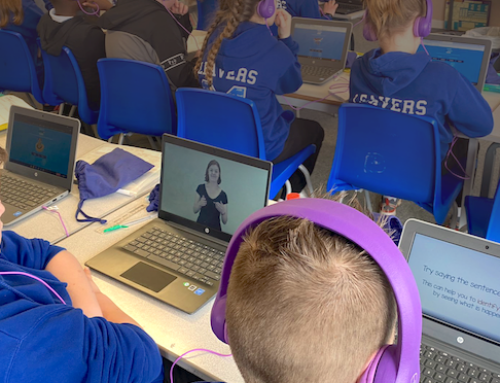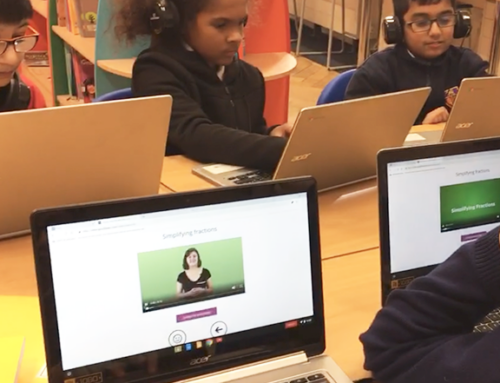With the rapid decline in the recruitment of trainee teachers of modern foreign languages, the Government has embarked on a £14.9 million expansion of their pilot Language Hub project. On Friday the schools selected to become hubs were named, with a further ten schools to be added in January. Nick Gibb, Minister of State for Education, stated that working with the hubs will increase “opportunities among disadvantaged pupils to study languages”. But how realistic is this?
The Government has previous experience of rolling out subject improvement in this way. Maths hubs have been in existence since 2014, and up to and including the 2021/22 academic year over 9,000 primary schools, out of a total of 16,791, have benefited from working alongside a maths hub. This means that it has taken 8 years for just over half (54%) of all primary schools to receive the support and professional development that the DfE believes will improve the teaching of maths in England. As the Head Teacher of a school that worked in partnership with a Maths Hub, I can vouch for the quality of the CPD provided and the difference it made to the teaching of maths and the school’s measured outcomes. However, 46% of primary schools have yet to be partnered with a maths hub.
English hubs were set up in 2018. Their ability to roll out the programme has been affected by the school closures during Covid, but so far, in 5 years, only 1000 primary schools have worked with the 34 hubs (6%) Research suggests that the programmes offered by the hubs are effective in raising attainment but at the current rate of delivery it will be many years before all primary schools have the opportunity to benefit from working with the hubs.
We currently know the location of 15 of the hubs and there are clearly huge areas of the country which will not be able to take advantage of the expertise contained within these hubs. Even with the 10 further schools to be named in the new year, with each hub working with up to 7 schools, this only amounts to 175 schools in total, or, to put it into context, just 5% of all secondary schools.
In a year when the DfE missed its target for the recruitment of new MFL teachers by 66%, recruiting just 726 trainees out of a target of 2,140, something clearly needed to change, but if the idea behind the hubs is to share expertise in teaching languages to the schools they work with, surely a pre-requisite is that all schools need to have qualified MFL teachers in place to take advantage of that expertise.
So, will the Language Hubs improve the quality of teaching and outcomes in modern foreign languages in England? Experience from the maths and English hubs would suggest that they can. But will they be able to, given the shortage of high quality MFL teachers? And how many years will it take to make this initiative available to all schools?
UNLOCK YOUR FREE TRIAL HERE! www.good2learn.com/freetrial
Also, make sure you check out our YouTube channel for our Helpful Tips: https://www.youtube.com/channel/UCEQtQB6Ptj4KN1rrBQ3qwtA




